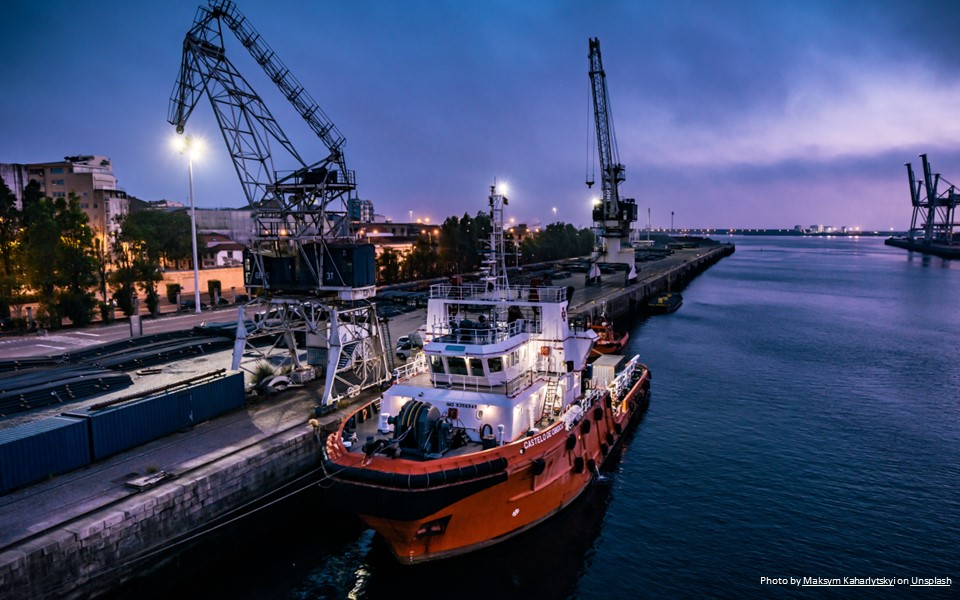
A Revised Globalism
A Revised Globalism
International | Aug 2022
Inferential Focus
Automation, Business, China, Efficiency, Energy, Euro, Europe, European Union, Exports, Geo-economics, Geopolitics, Globalization, Government, Imports, India, Japan, Labor, Local, Logistics, Manufacturing, Nationalism, Resilience, Russia, Semiconductors, Shipping, Supply Chain, Trade, Uncertainty, Uncharted Territory, US, Verticalization
Tariffs, sanctions, COVID-19, extreme weather, war in Ukraine, nationalism and several other disruptors have put advocates of the original globalization, which included things such as diminished government involvement in economies, privatization, free trade and open markets, on the defensive. Geopolitical and geo-economic objectives of leaders of the largest economies are creating divisions across the world that further challenge the popular version of international production and trade. Businesses are developing new practices to deal with these shifts. Resilience is moving to the forefront; verticalization of operations is gaining appeal; automation is derailing labor’s influence; local production for local markets has become advantageous; and industrial policies are looking better and better. These kinds of changes, when added to the intrusion of geopolitics into the trade sphere, have already led to several revisions to the original model of globalism: Trade is even more strategic; Trade is the next Cold War; Markets aren’t all open; Government involvement is a norm; Resilience rules; Power bargaining is de rigueur. As a result, globalism in the future will not be the same as globalism in the past.